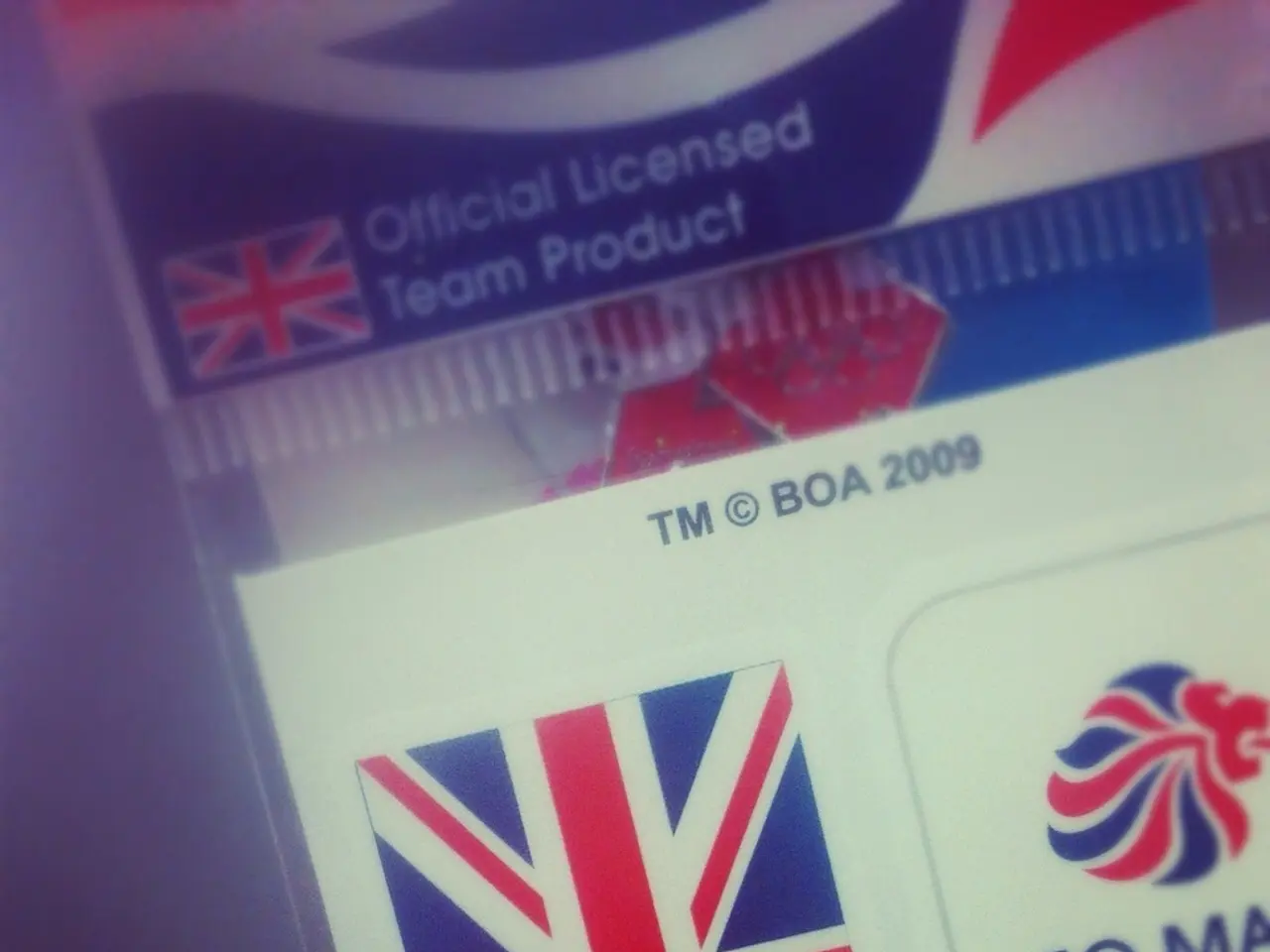The EU's eIDAS Regulation: An Overview
The European Union's digital market is set for a significant overhaul with the introduction of eIDAS 2.0, a regulation that aims to boost user sovereignty, security, and interoperability. Scheduled to enter into force in May 2024, eIDAS 2.0 introduces several key amendments designed to address the limitations of the previous framework.
One of the most notable changes is the deployment of the European Digital Identity Wallet (EUDIW), a digital wallet that allows EU citizens, residents, and businesses to securely store and manage their personal identification data and other attributes. This wallet, available as apps or browser extensions, will be deployed at a continental scale. The focus shifts away from large platforms collecting extensive personal data towards decentralized identity management centered on the user.
eIDAS 2.0 also facilitates improved interoperability, ensuring seamless, secure, and machine-readable data exchange for electronic identification and trust services across EU member states. This addresses the inflexibility of national electronic IDs and insecure identification methods in the previous framework.
Enhanced security measures are another crucial aspect of eIDAS 2.0. These include mandatory multi-factor authentication for electronic identification schemes with substantial assurance level, boosting trust and security in digital transactions. eIDAS 2.0 also establishes European Conformity Assessment Bodies to ensure the quality and security of trust services.
Qualified Electronic Registered Delivery Service provides evidence of the sending and receiving of electronic data, ensuring the integrity and authenticity of the communication. Advanced Electronic Seals are secure and tamper-evident means for legal entities to authenticate and ensure the integrity of electronic documents or data. Advanced Electronic Signatures provide a higher level of security by uniquely linking to the signatory, identifying the signatory, and being created using means under the signatory's sole control.
eIDAS 2.0 incorporates privacy by design, emphasizing the proactive integration of privacy and data protection measures into the development of electronic identification and trust services. QTSPs (Qualified Trust Service Providers) must use trustworthy systems for data management and process personal data in compliance with relevant data protection rules.
The upcoming eIDAS 2.0 aims to better align with the current and future needs of the digital world, introduce a digital wallet for all EU citizens, establish a robust framework for a better user-controlled digital environment, and strengthen the single market. eIDAS 2.0 categorizes the strength of authentication methods into different assurance levels.
Qualified Electronic Time Stamps, effective in preventing manipulation and becoming invalid if any unauthorized changes are made to the time-stamped data, further bolster the security and integrity of digital transactions under eIDAS 2.0. With these comprehensive changes, the EU digital single market is poised for a more secure, user-friendly, and interoperable future.
- The European Digital Identity Wallet (EUDIW), a key amendment in eIDAS 2.0, will enable EU citizens, residents, and businesses to manage their personal data securely, reflecting a shift towards decentralized identity management and prioritizing user sovereignty in the tech-driven finance sector.
- To bolster security in Finance Technology and General News sectors, eIDAS 2.0 has mandated multi-factor authentication for electronic identification schemes, enhancing trust and security in digital transactions, and establishing European Conformity Assessment Bodies to ensure the quality and security of trust services.




